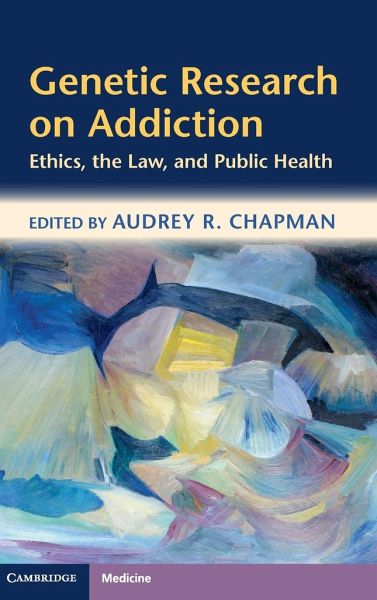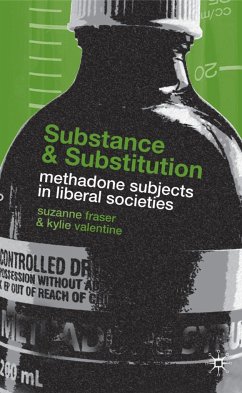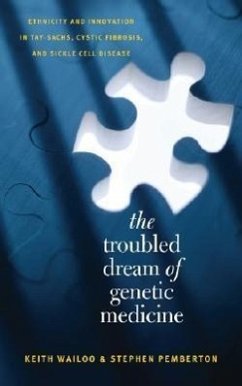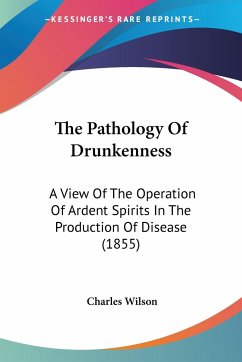
Genetic Research on Addiction
Versandkostenfrei!
Versandfertig in 1-2 Wochen
93,99 €
inkl. MwSt.
Weitere Ausgaben:

PAYBACK Punkte
47 °P sammeln!
The manner in which genetic research associated with addiction is conducted, interpreted and translated into clinical practice and policy initiatives raises important social, ethical and legal issues. Genetic Research on Addiction fulfils two key aims; the first is to identify the ethical issues and requirements arising when carrying out genetically-based addiction research, and the second is to explore the ethical, legal and public policy implications of interpreting, translating and applying this research. The book describes research guidelines on human protection issues such as improving th...
The manner in which genetic research associated with addiction is conducted, interpreted and translated into clinical practice and policy initiatives raises important social, ethical and legal issues. Genetic Research on Addiction fulfils two key aims; the first is to identify the ethical issues and requirements arising when carrying out genetically-based addiction research, and the second is to explore the ethical, legal and public policy implications of interpreting, translating and applying this research. The book describes research guidelines on human protection issues such as improving the informed consent process, protecting privacy, responsibilities to minors and determining whether to accept industry funding. The broader public health policy implications of the research are explored and guidelines offered for developing effective social interventions. Highly relevant for clinicians, researchers, academics and policy-makers in the fields of addiction, mental health and public policy.














